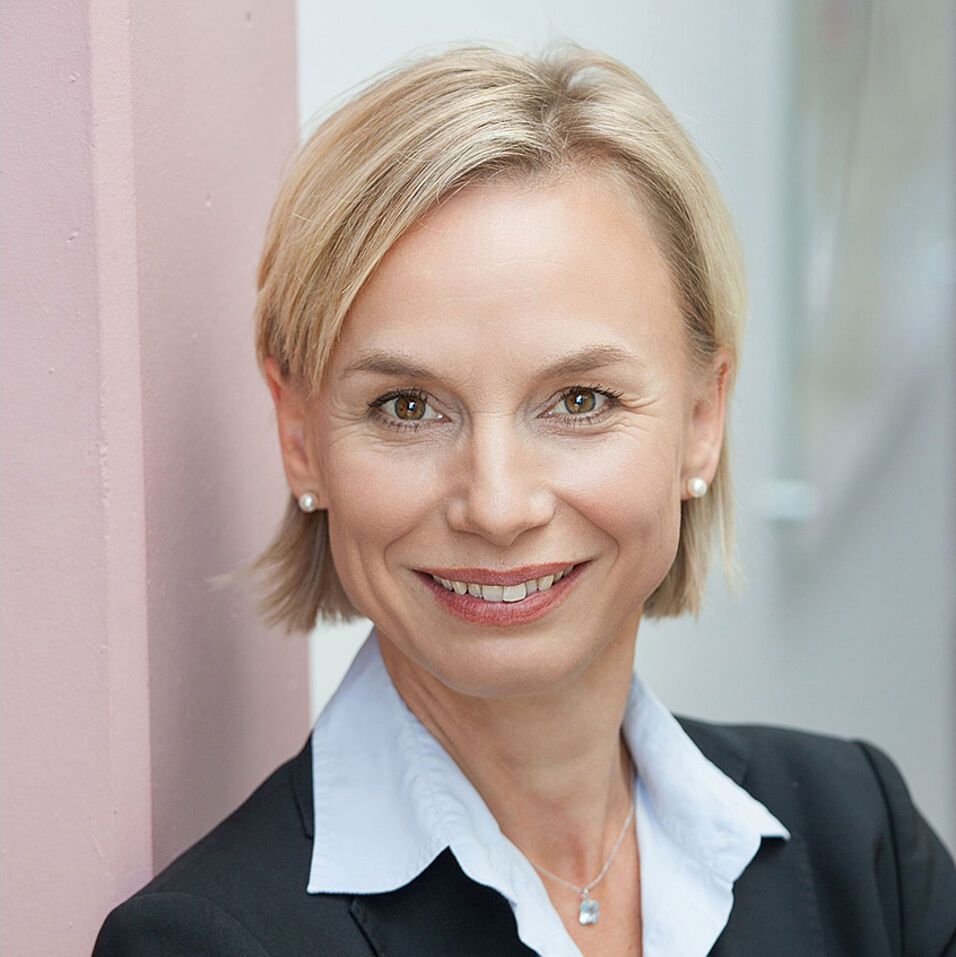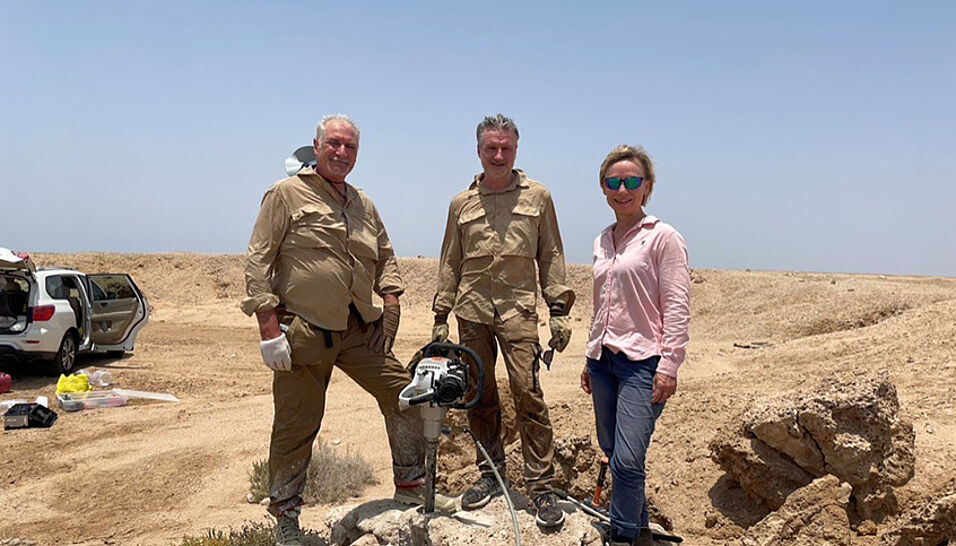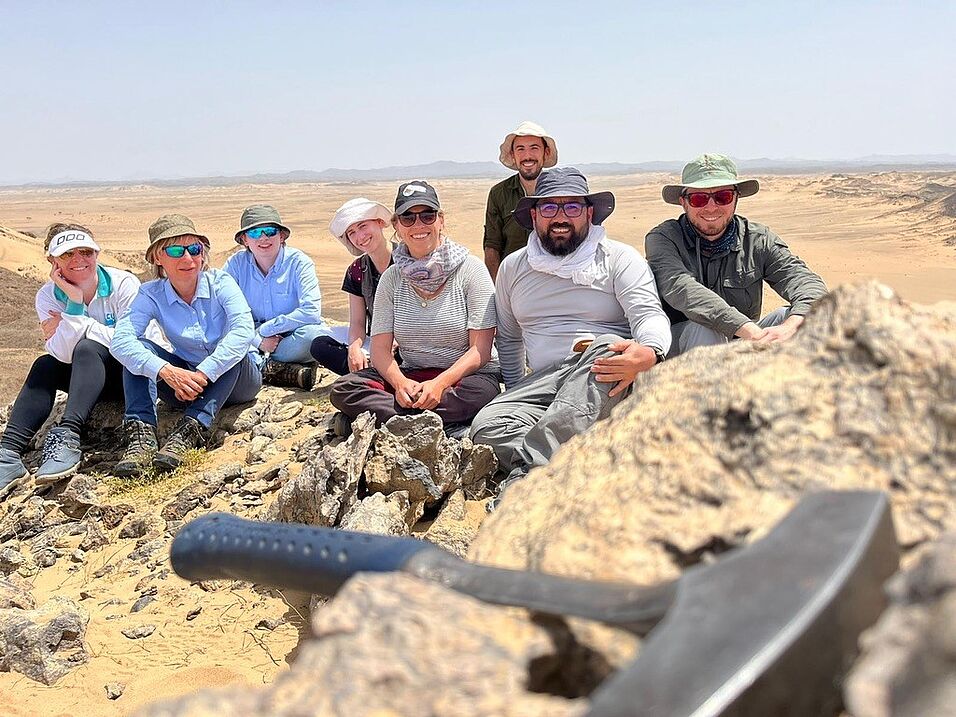What is so fascinating about your research area?
Carbonate sedimentology deals with past living worlds - the skeletal remains of the organisms such as corals that compose the sediment yield ample information on conditions of past times. With this we learn about climate dynamics and other environmental factors through time, about adaptation and shifts in ecosystems. This is relevant, for example, for understanding current climate change effects.
Which central message should your students remember?
Stay curious, enjoy being surprised - when results are unexpected, this is where science starts. Science is not meant to prove what you expect, so always keep your mind open.
Why did you decide to do research and teach at our Faculty?
The geology and paleontology team at Vienna are strong and renowned, and colleagues are welcoming. This makes the University highly attractive for collaborations and visits, and I am really happy to have the opportunity to visit the faculty, in particular my host Theresa Nohl. We are preparing a proposal for a larger joint project that will connect our institutions.
Which three publications characterise your work?
Westphal H, Murphy GN, Doo SS, Mann T, Petrovic A, Schmidt C, Stuhr M (2022) Ecosystem design as an avenue for improving services provided by carbonate producing marine ecosystems. PeerJ 10:e12785. doi:10.7717/peerj.12785
Westphal H, Lavi J, Munnecke A (2015) Diagenesis makes the impossible come true: intersecting beds in calcareous turbidites. Facies 61. doi: 10.1007/s10347-015-0427-7
Westphal H, Halfar J, Freiwald A (2010) Heterozoan carbonates in subtropical to tropical settings in the present and in the past. International Journal of Earth Sciences 99, S153-S169. doi: 10.1007/s00531-010-0563-9
Thank you & welcome to our Faculty!
- Prof. Hildegard Westphal is Work Group Leader at the ZMT Leibniz Centre for Tropical Marine Research and Professor for Geology of the Tropics at the University of Bremen. From 2010 to 2020 she was Director of the Leibniz-Centre for Tropical Marine Research in Bremen; before she was chair for Sedimentology at the Universität Heidelberg. Her research interests include carbonate sediments as archives of environmental and climate change, eutrophic tropical settings as scenarios for predicted future environmental conditions and the effect of ocean acidification on sekeletal structures. The geologist and sedimentologist received numerous awards and grants, among them the Hans Cloos Award of the Geologische Vereinigung and the Albert Maucher Award of the German Science Foundation DFG.
- Department & working group / host: Palaeontology - Conservation Palaeobiology / Ass.-Prof. Dr. Theresa Nohl
- Course in winter term 2023: The Red Sea as enigmatic carbonate environment



